Restaurants in Turkey face their biggest challenge yet due to the Coronavirus
Restaurants, bars, and cafes in Istanbul were beginning to recover from the monetary crisis that had been affecting the country, but with the arrival of COVID-19, the Turkish gastronomy sector has been severely impacted once again.
In response, many culinary professionals have had to do their best to survive. Such is the case of Chef Cem Eksi, who, now showcasing a blend of creativity and tenacity in his Istanbul-based restaurant, has transformed his menu and the way he serves his dishes to adapt to the new business environment brought on by the coronavirus era.
Hidden in Istanbul’s charming Asmalı Mescit neighborhood, the German-Turkish Chef Cem Eksi would typically be serving his colorful modern Mediterranean dishes in his intimate 15-seat restaurant, “Mabou,” but due to coronavirus restrictions, he was forced to abandon his planned spring menu and rethink his entire approach to gastronomy. “I completely changed everything; now I’m making pasta and bread and delivering it by motorcycle,” he said.
Eksi, who started his career in a Michelin three-star restaurant in Germany, says there’s no room for ego in an environment where “you adapt or die.”
As spring and summer unfold, many of Istanbul’s hotspots are no longer the hives of activity they once were, as coronavirus restrictions have left Turkey’s most populated city in survival mode.
Turkey has over 138,000 confirmed COVID-19 cases, and the death toll from the disease approaches 3,800 victims, according to Johns Hopkins University.
Bars across the country have been forced to close to customers since March 16, followed the next day by restaurants and cafes. This has left many in the industry struggling to adapt to the new normal.
The closures have dealt a severe blow to an industry that was already challenged by inflation and the depreciation of the Turkish lira.
Many of these businesses, which had just started reaping the rewards of a strong tourism rebound, are now facing even greater adversity, and it is unclear how many will survive.
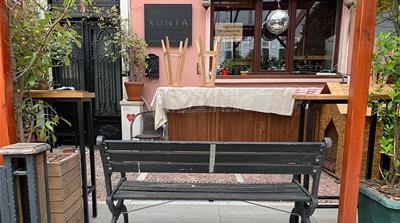
Feeling the Heat
“I’m working three times as much and earning about 70% of what I used to,” said Eksi. “It’s enough to keep the restaurant open; we’re lucky to be able to continue, and thankfully, I managed to change the concept in time.”
Since his suppliers are no longer operating, he has had to get creative. Eksi sources ingredients directly from farmers and finds what he can at local supermarkets. He prepares his menu and sends it to his customers every Sunday via WhatsApp.
His recent menu included white asparagus and smoked trout, cauliflower and rosemary soup, chanterelles with creamy pasta sauce, freshly baked sourdough, spelt bread, and strawberry tarts.
“When designing our delivery menu, I had to think about what I could cook quickly and what would travel well. I tried to maintain the same style and taste as before. Unfortunately, I can’t provide the ambiance or good conversation; I think that’s what makes us special.”
The revenue he’s generating through his delivery service is just enough to keep his head above water: “I’m now earning enough to pay my employees, rent, and taxes,” he said.
Across the city, the owner of the “Traditional Emre Cafe” shares his story:
“For now, it’s not profitable, but I can survive. I was expecting a non-profit summer,” says the 35-year-old, who left an engineering career in 2017 to pursue his passion for running a handcrafted coffee shop in the cobbled streets of a coastal suburb.
Emre has managed to keep his business afloat by bending the restrictions slightly. “This is a small neighborhood. I know the guys who work for the police and municipality. They trust me to take precautions and obey hygiene rules, so we have an understanding.”
Even with this understanding, he said his daily sales had dropped by 70% as eating habits have changed.
“Before, people would sit down and have a second or third coffee. Now everyone’s cautious; they just have one and leave. There’s no time for more,” he said. “Also, we can’t serve food anymore, which used to be 30% of my revenue.”
Emre gestures to empty shelves that are usually filled with pastries and cookies.
Just before the closure took effect, Emre roasted 100 kg of coffee beans: “If I’d closed the cafe, all of it would have gone stale, wasting around 15,000 liras ($2,112) worth of coffee beans.”
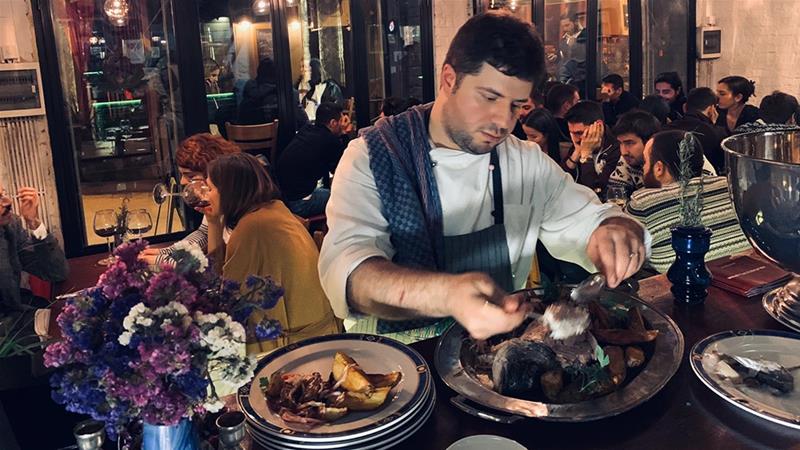
Unstable Ground
“The industry has been severely impacted by the COVID-19 outbreak,” says Istanbul-based economist Arda Tunca.
Turkey had recently emerged from recession when the coronavirus pandemic hit, pushing it into a second recession in less than two years. The depletion of foreign currency reserves and high external debt costs have put pressure on the lira, which hit a historic low last week, drawing comparisons with the currency crisis that shook the country in 2018.
For Emre, a weaker currency increases his cost of doing business.
“We buy everything in euros—the coffee beans, equipment, everything. When I first opened, it was around 4 liras ($0.56) per euro, now it’s about 7.6 ($1.07). In the past two months, coffee bean prices have risen by around 15%.”
But he doesn’t want to pass those costs onto his customers by raising prices.
“Everyone is sensitive to price; inflation is killing the service industry. We were already walking a fine line, and the coronavirus has pushed us even closer to the edge,” he said.
The food service sector in Istanbul relies heavily on tourism, an industry that had started to bounce back after a series of violent attacks in 2015 and 2016.
Turkey attracted over 50 million tourists in 2019, but the coronavirus and travel restrictions are reversing those gains. The number of visitors to Turkey dropped by 67.83% in March 2020 compared to the same month last year.
“The food service industry will shrink nationwide due to tourism being completely dead right now,” Tunca said, adding that while the out-of-home food and beverage market makes up about 2% of the economy, “it’s an important source of job creation for young people. Youth unemployment is already around 28% in Turkey.”
Moreover, the restaurant business is unlikely to receive much government aid to weather the pandemic’s negative shocks.
“Certain tax exemptions and unemployment benefits have been introduced, but there’s no specific or special support function for them,” said Tunca.
A Socially Distanced Future
On May 4, Turkish President Recep Tayyip Erdogan announced plans to ease social distancing restrictions to allow certain businesses to reopen. On Monday, the government said restaurants meeting new health and hygiene standards could open their doors to customers on May 27.
But even in a post-lockdown reality, Emre predicts that coronavirus will have “lasting” effects on the industry.
“This used to be a true meeting point for the community. I worry that my customers’ behavior may change. Maybe people won’t want to sit close to each other when this is over,” he said. “Many people will lose their jobs; maybe they’ll spend less on coffee.”
Chef Eksi shares similar concerns.
“Having a small restaurant like mine will be a big challenge, especially if the government requires tables to be set a certain distance apart.”
For Eksi, it might mean shaking things up again.
“I’m thinking of turning the restaurant into something different, maybe a deli and wine bar. We’ll see what time brings,” he said.

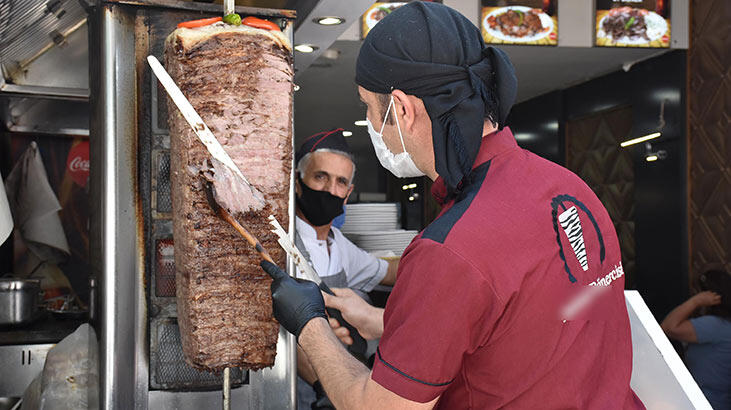
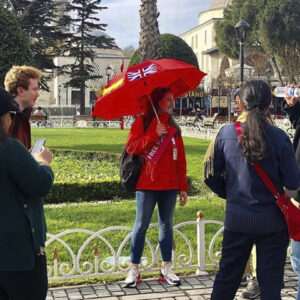








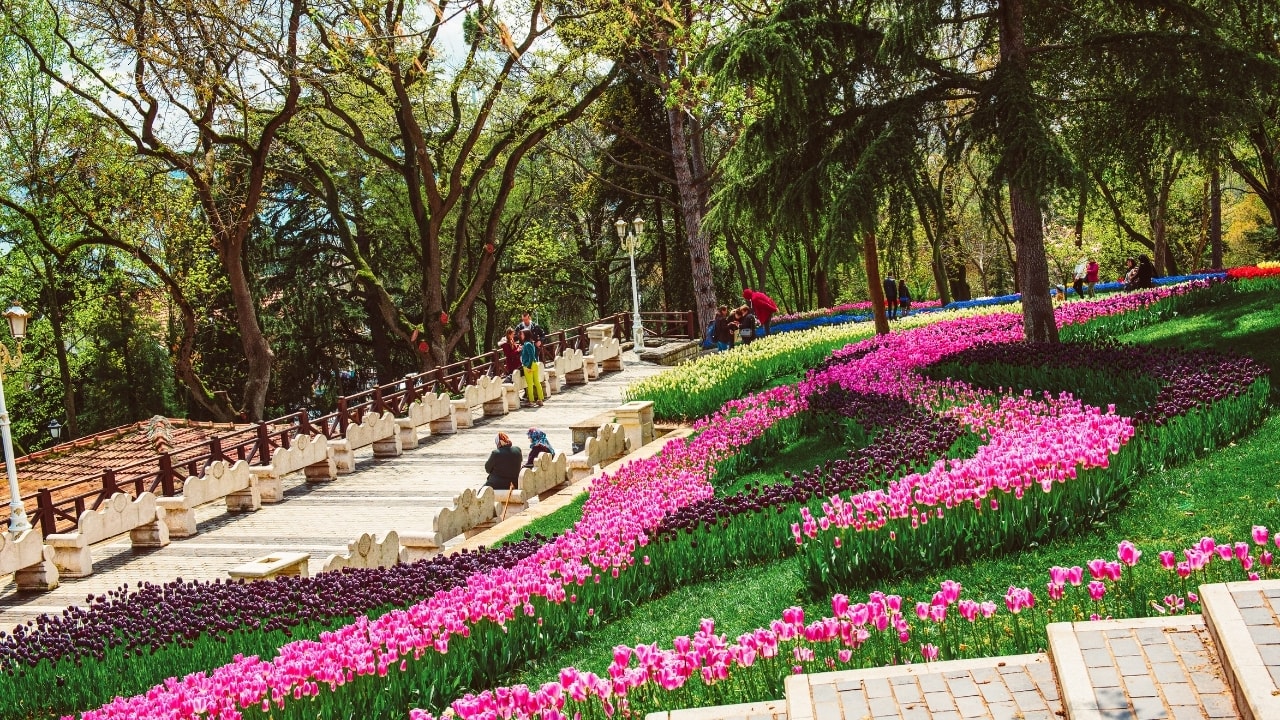
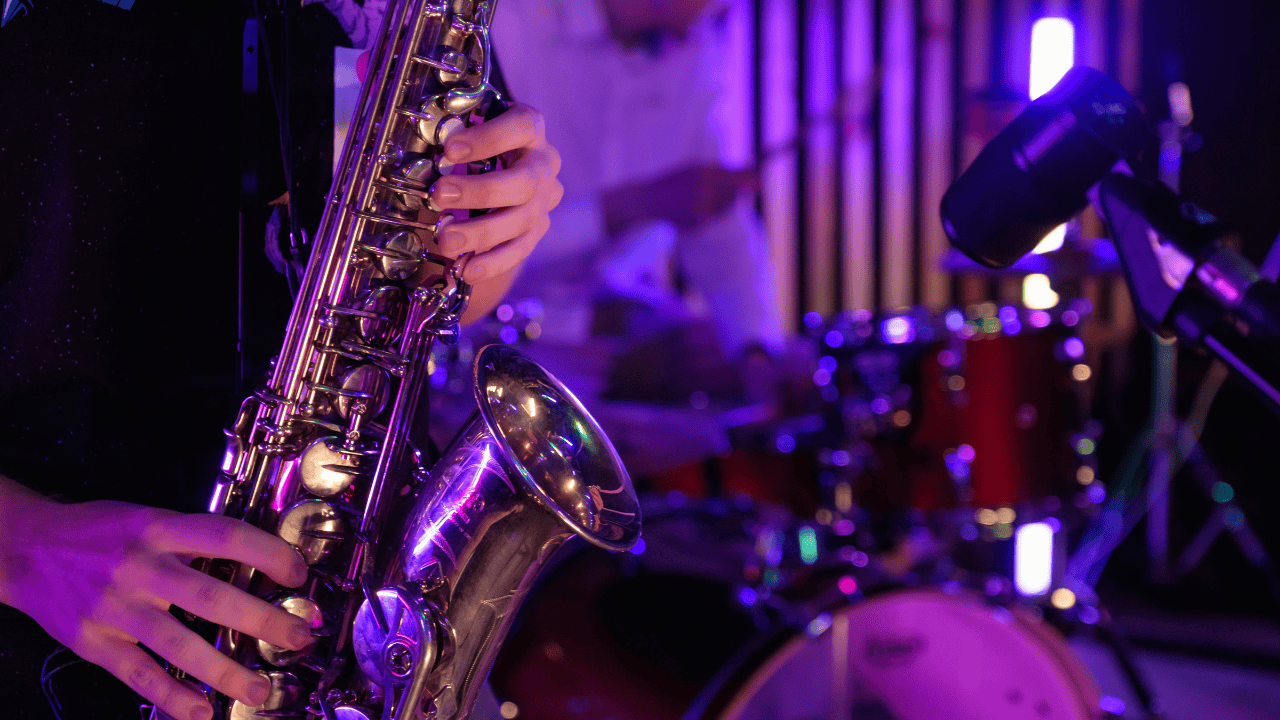

3 thoughts on “Adapt or Die Trying”
★★★★★
I was blown away by everything ‘Adapt or Die Trying’ has to offer. Definitely a place to return to in the future.
★★★★★
The charm of ‘Adapt or Die Trying’ captivated me entirely. It’s a destination that leaves no one indifferent.
★★★★★
Exploring ‘Adapt or Die Trying’ exceeded all my expectations. A perfect combination of culture, beauty, and knowledge.